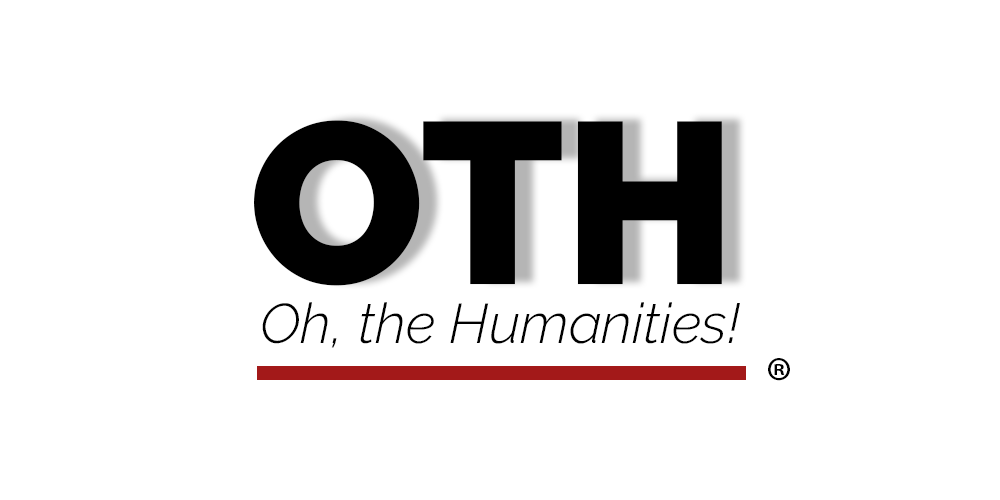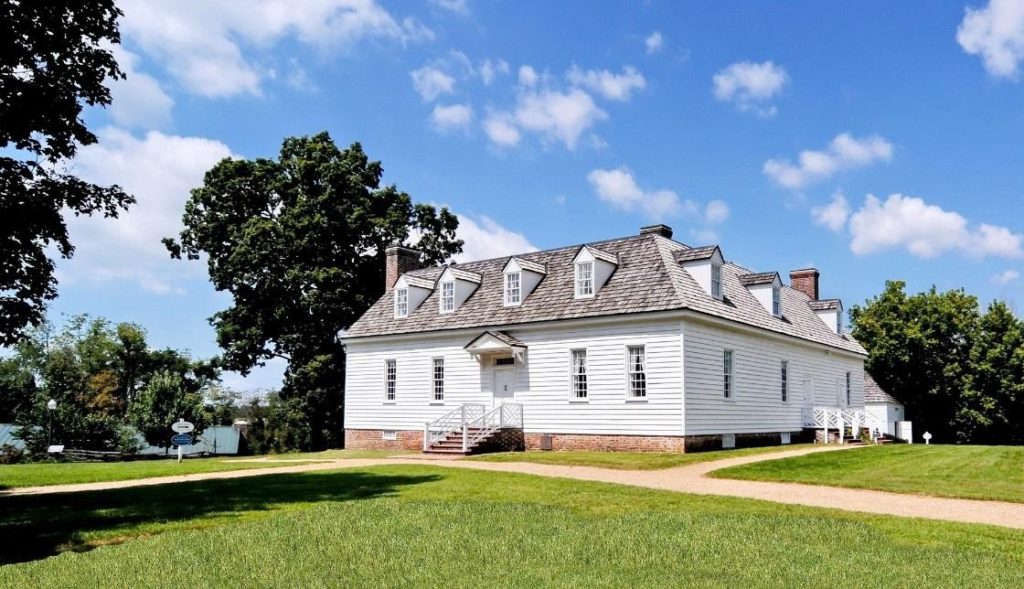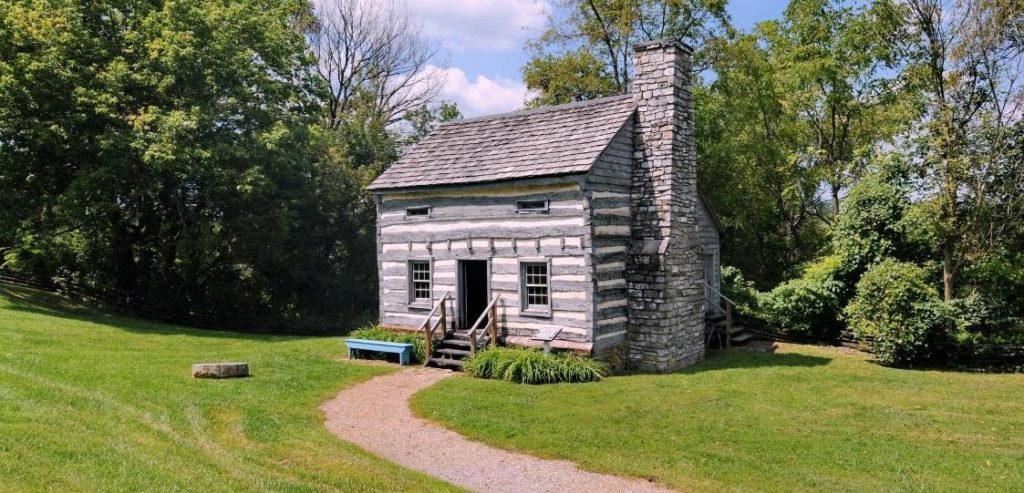
In the light of recent Black Lives Matter uprisings, colleagues have been wondering how Virginia Tech is planning to address the legacies of slavery still standing on this campus contrary to its ‘Principles of Community’. The following are some of the suggestions on how to address the concerns of members of the community who would like to honor the legacy of enslaved people on the campus site.
Many visitors who admire the pavilion of the Historic Smithfield Plantation House or rent the facilities for wedding receptions may not be aware of the slavery legacy. The Africans enslaved on this site erected such buildings still standing on campus as The Solitude, The Smithfield Plantation House, the Appalachian Studies building by The Pond and the ‘Slave Woman’s House’ next to it (now renamed the Fractions Family House in honor of the enslaved families that lived in it).
The Inn at Virginia Tech named its restaurant after the Preston family who owned the slave plantation and some of the meeting rooms at the Inn are named after the houses left by enslavers and still standing on the campus. The road leading to the labs of some of the Engineering professors is called Plantation Road and the Historic Smithfield is located at number 1000 Plantation Road.
Students suggest that all of these names should be changed to honor those who were enslaved on the plantation that gave rise to this campus rather than continue to honor those who enslaved them. I understand that Plantation Road is a city road and so only Blacksburg City Council could change it, but I am sure that a request from the university to rename it Booker T. Washington, Harriet Tubman, Sojourner Truth, or Frederick Douglass Road would be favorably considered by the Council. The Inn at Virginia Tech could change the names of rooms without incurring major costs. For instance, the name of the restaurant could be easily changed from The Prestons to The Hokies or to the names of the American Indian Natives who were forcibly removed to steal their land and build the plantation.
Nearly 12,000 have signed a student-led Change.Org petition to persuade the university authority to change the name of a Hall of residence after Lee, a former professor who entered in his Yearbook pages as a student, the title of the ‘Terror Father’ of the KKK and pictures of the lynching of a black person. President Tim Sands has agreed to review it but the University library continues to publish such pages digitally online in an effort to preserve history. With the decision by the Virginia Governor to remove the statue of Robert E. Lee, Virginia Tech should remove divisive names from buildings.
The Smithfield Plantation could be renamed something like The Promised Land or 40 Acres and a Mule, the Solitude could be renamed Emancipation so that when the Virginia Tech Mindfulness and Wellness group members meet there, no student, faculty or staff would feel uncomfortable. And ‘the Slave Woman’s House’ has been formally named The Fractions Family House with a contextualizing plaque at little or no cost.
Beyond the symbolism of name changes, the university could raise funding through the VT Foundation to dedicate some scholarships exclusively for the descendants of those who were enslaved on this campus and to the descendants of American Indian Natives. The state and the university should allocate more resources to Africana Studies Program and to American Indian Native Studies to hire more faculty to help teach students the painful history of the site of the campus, the state and the country.
I commend the Virginia Tech leadership team for increasing the diversity of students and faculty on campus. Although the university started as an institute for white men, today female students make up nearly half the 36,000 population. However, 20% of the high school graduates of Virginia are African American but the population of African American students in Virginia Tech remains under-represented at 4%. I suggest that the athletic recruitment model should be adapted to academic recruitment to bring in more talented under-represented students with adequate support to help them to succeed.
I commend the university administration for initiating the Pow-Wow with the American Indian Natives who were violently forced away from their land to establish the site of the university and for recognizing an annual Indigenous Day commemoration with an office room allocated to the American Indian Native Cultural Center and the appointment of a Presidential Adviser on Indigenous Affairs.
I hope that most people will agree with our concerned students, staff and faculty that more could be done to honor the memories of those who suffered needlessly that we may have the privilege to call Virginia Tech our home institution. Most people in the country and around the world will be surprised to learn that we continue to honor those who caused peculiar sufferings for American Indian Natives and enslaved Africans.
To those who are opposed to the renaming of historical landmarks because they are part of the history to be preserved, I suggest that renaming the landmarks after the enslaved and after American Indian Native Tribes rather than after those who committed crimes against humanity is still a way to preserve the history. Injustice anywhere is a threat to justice everywhere as Martin Luther King Jr. warned. If the Prestons opposed slavery and supported emancipation, perhaps the civil war would not have taken place and the US would not have lost more than 700,000 lives unnecessarily.



